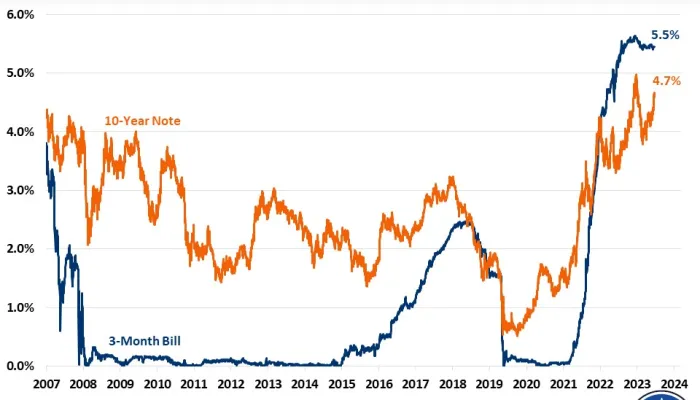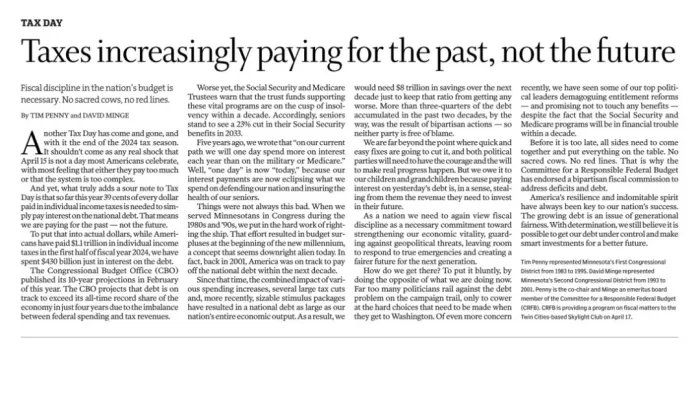AHCA Saves Money, But Could Make Getting to Balance Harder
Update (3/23/2017): These numbers are relevant for the original version of the American Health Care Act. An amended version was released on March 20. CBO scored the amended version on March 23.
Earlier this year, we explained how it would be harder for Congressional Republicans to meet their goal of balancing the budget within ten years without the savings from repealing the Affordable Care Act (ACA or "Obamacare") they had assumed in past budgets. Since then, House Republican leaders have introduced an ACA replacement bill, the American Health Care Act (AHCA), which the Congressional Budget Office (CBO) estimates would reduce the deficit by $337 billion through 2026 using conventional scoring. While the AHCA's savings are substantial, they are much lower than the savings from ACA repeal and Medicaid reform that House Republicans assumed in their prior budgets, making balance more difficult to attain. Assuming the AHCA replaces the health policies from House Republicans' Fiscal Year (FY) 2017 budget, a new budget resolution could be between $300 billion and $500 billion short of balance in 2027.
Adopting the same savings as then-House Budget Chairman Tom Price's (R-GA) proposed FY 2017 budget would reduce the deficit to about $50 billion by 2027 against CBO's January 2017 baseline – just short of balance. That budget repealed the gross spending increases in the ACA and used all of the resulting $2.2 trillion in savings over ten years for deficit reduction. The budget also saved another $1 trillion over ten years by block-granting Medicaid and making several additional changes to it and other health programs.
In reality, the "repeal and replace" plan currently under discussion – the AHCA – would save $337 billion rather than $2.2 trillion. That is because some parts of the ACA would be retained (especially in 2018 and 2019) and because most savings from ACA repeal would be used to repeal the ACA's tax increases and to implement new alternative coverage provisions.
Assuming the AHCA is enacted (or assumed) in place of the gross savings from full ACA repeal, the GOP budget would be about $300 billion short of balance by 2027.
However, the AHCA also imposes a per-capita cap on Medicaid, which would presumably preempt at least some of the savings from block-granting that program that were assumed in last year's budget. Assuming policymakers choose not to block grant and further cut Medicaid in light of the per-capita cap from the AHCA, they would be roughly $500 billion short of balance in 2027. Note that even assuming they continue to block grant and reduce Medicaid spending, the actual deficit would likely be between $300 billion and $500 billion since the AHCA's per-capita cap would eat up some of the savings achieved from a block grant alone.
The AHCA would reduce the deficit, but the bill's savings would represent only a fraction of the deficit reduction House Republicans have assumed from repealing the ACA and reforming Medicaid in their past budgets. If they are still determined to balance the budget by the end of the decade, they will need to make significant adjustments to the AHCA, identify significant new savings, pick a new fiscal goal, or some combination of each. Whatever goal they pick, it must be sufficient to put the debt on a downward path as a share of the economy.


